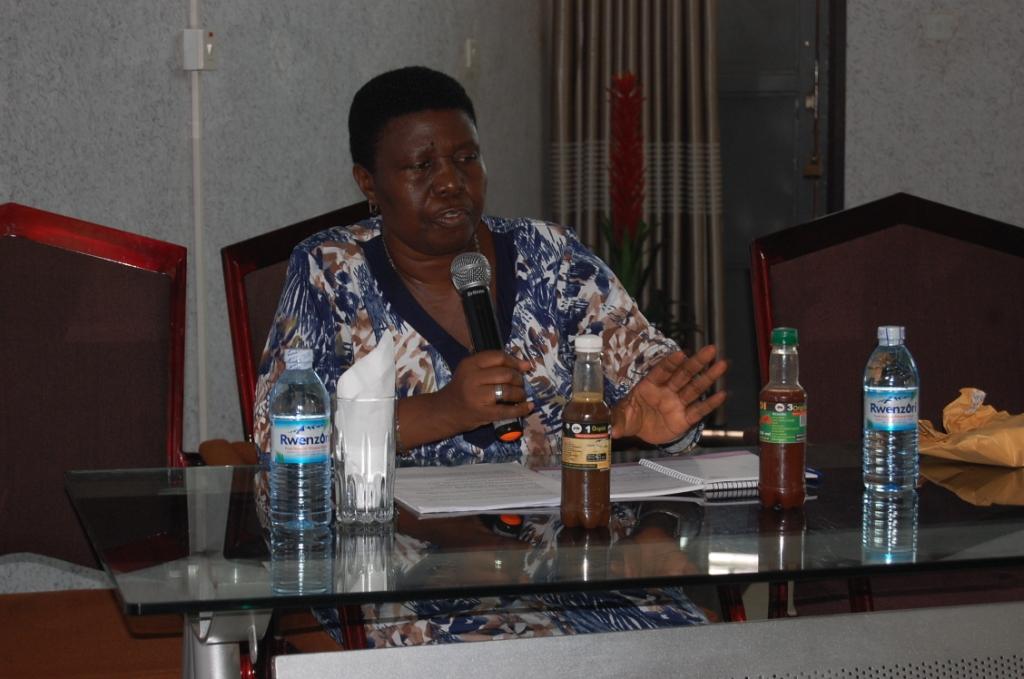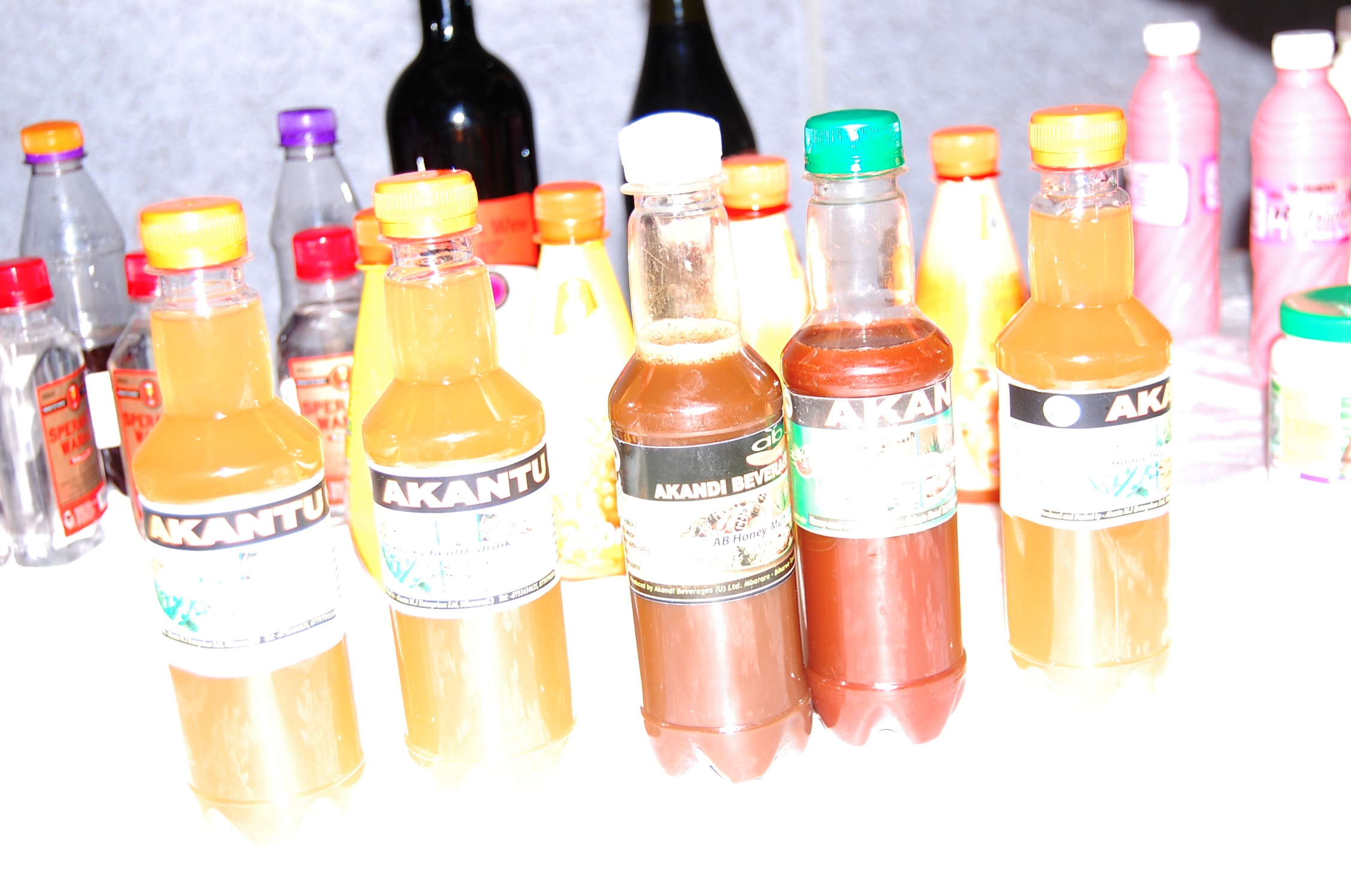
MBARARA – There is a growing public outcry over mushrooming uncertified energy/health drinks that continue to hit the market.
This has created fear and anxiety among locals questioning the safety of those drinks and possible health challenges that may be associated with these drinks.
A brief finding by PML DAILY in Mbarara town alone found out that there are over 15 types of these drinks in shops and supermarkets and whereas these are on market, there is no visible quality mark or proof for certification.
Among those produced in Mbarara include Akandi Number 1, 2,3, Kirungi lemon drink, Kumbucha, Kituzi, Usafi, Akahama, Embogo, Tayebwa, Amatsiko herbal drink among others
“Recently we have seen a lot of energy drinks on market, the brands are growing up quickly now and again, some don’t defer from others but from different producers and some of these do it in their homes, under their beds, in empty bottles picked from dustbins but people are busy consuming, where is the safety of these people,” said Tinka Bamugyeya, a resident of Ruti, Mbarara town.
Amos Mwesigwa, a businessman in Mbarara town said it is only in Uganda that a person can wake up one day and claims to be an expert in anything. Some have attributed this to the laxity within the enforcement team of Uganda National Bureau of Standards who have done little or nothing to have these products withdrawn.
They add that these have misled the public since they put adverts in local radios and Tv stations attach these products to boosting men and women sexually. This has caused very many people to run for those products without considering safety.
“These so-called energy and health drinks are too many on the market, one wakes up, goes to the bush and begins to make concoctions to boost all kinds of energy including in bed, I recently tried to find out whether they are certified but in vain where is the safety of Ugandans, what are regulatory bodies doing?” said Mwesigwa.

Mbarara town secretary for social services Jolly Kagira said a lot of people are joining this business but what worries them is that they are not regulated compromising the health of people.
“Many people are joining this business may be because there is the weakness in the law concerning regulation but also there is a lot of money, we are now going to engage regulator bodies to safeguard the safety of our people,” said Ms Kagira.
Peter Ssebutinde, the District Health Officer Mbarara said these drinks pose a big health challenge to the public and more efforts need to be stepped up to regulate them.
“I cannot tell you they are safe because who makes them, how is their effectiveness reached at, what their content all these need some level of knowledge and expertise but not just going to the bush and mixing concoctions, “said Dr Ssebutinde.
The Uganda National Bureau of Standards(UNBS) under whose mandate these drinks fall said they have come up with a new regulation whose enforcement began last month and that all those drinks that are not certified will be withdrawn from the market, and their production stopped.
Godwin Muhwezi, UNBS communications officer on Monday said the old regulation did not make it mandatory for these drinks to be certified before hitting the market but added a new regulation (Use of UNBS distinctive mark 2018) is now in place and makes it compulsory for these drinks to be certified before going public.
“Initially it was voluntary but we came up with a new regulation in 2018, the use of UNBS distinctive mark-2018 which demands these drinks to be certified before being allowed on the market. We started enforcement of this regulation in January and all those drinks which are in the market and not certified are being removed and production stopped,” said Muhwezi.
Last year, the then Mbarara district RDC Maj. Martha Asimwe impounded some of the drinks that found with no quality marks by UNBS and presented them in a workshop that was organized by UNBS in Mbarara.
He said to produce these drinks one now needs to submit samples to UNBS for certification.
According to https://www.nhs.uk/news/food-and-diet/warnings-issued-over-energy-drinks/, some of the potentials associated with energy drink consumption include; caffeine overdose which lead to a number of symptoms including palpitations, high blood pressure,nausea,vomiting ,convulsions and some cases even death, type 2 diabetes, late miscarriages, low birth weight and stillbirth in pregnant women, neurological and cardiovascular system effects in children and sensation seeking behavior.
And also recommends among others regulation of the marketing of energy drinks; for example, a ban on adverts that are obviously designed to target young people or suggest an association between energy drinks and prowess.





